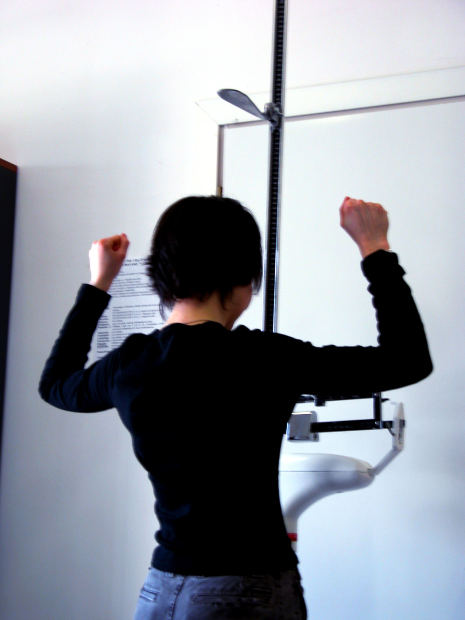Your ideal weight. Is it up to you? Or is it determined by some esoteric formula?
The answer depends on what you value.
 If "fitting in" and "being average" matters to you, the Body Mass Index (BMI), which has been embraced by government agencies and health care providers, is the best way to figure it out.
If "fitting in" and "being average" matters to you, the Body Mass Index (BMI), which has been embraced by government agencies and health care providers, is the best way to figure it out.
Your BMI is a calculation of your body's fat based on height and weight. However, it does not take into account your body type, activity level or even what you want your body to be, which are also important factors in determining your ideal weight.
So if you value overall health and a feeling of well-being, there are other, more accurate ways to find it. Here are three important things you can consider:
How do you feel?
Do your knees hurt constantly? Do you have enough energy to make it through the day? Do you feel like you can make it up a flight of stairs without stopping to rest?
If you answered no to these questions, you're probably not at your ideal weight.
How you feel–your joints, your energy level–says a lot more about what your ideal weight is than any generic calculation. Drop some weight and you'll take pressure off your knees, easing the pain. Get on the exercise bike and start to replace body fat with lean muscle, which will give you more energy.
If you're not feeling great, you're probably not at your ideal weight.
How is your overall health?
Blood pressure, cholesterol and lung capacity matter. They are indicators of overall health. They can also be directly affected by your weight.
If you're overweight, chances are your blood pressure and cholesterol levels will be elevated. And your lung capacity will be below where it needs to be.
If you see your doctor and find out that your overall health isn't where it should be, it may be time to reconsider your ideal weight.
Are you happy?
Happiness. It's the best gift we can give to ourselves. If you're healthy and happy (and your knees don't hurt), you might just have found your ideal weight.
So, only one question remains… Are you happy?





